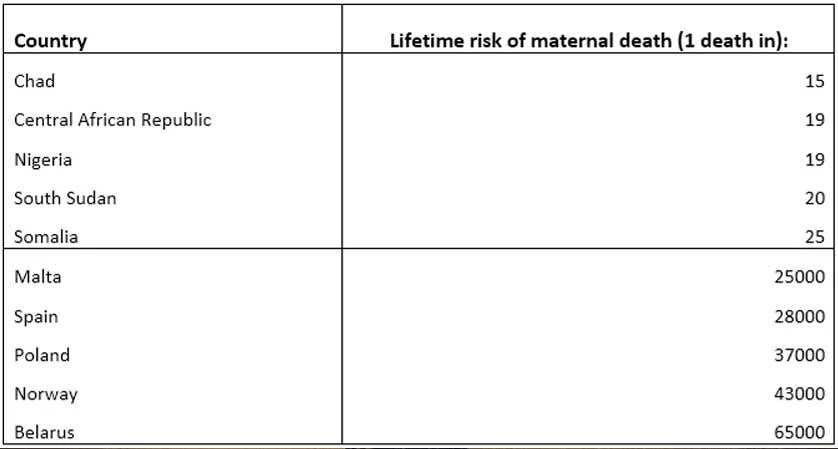In a surprising move, the Government of the Gambia through its Ministry of Foreign Affairs, International Cooperation and Gambians Abroad, in January 2012 convened the first “Consultative Meeting between the Government of the Republic of The Gambia and Gambians in the Diaspora”. According to a press release from the Office of the Gambian President, the main objective of the Consultative Meeting is to harness the potentials and talents of Gambians in the Diaspora, including those serving in International Organizations and others engaged in private ventures, which can be beneficial to the country. The release further indicated, “the meeting will facilitate the evaluation of the extent to which latent potential residing in Diaspora nationals, could be utilized to the fullest in support of Vision 2020 goals and objectives”.
For many Gambians, this came as a surprise because of the rocky relationship between the Government of the Gambia and Gambians in the Diaspora, especially those who disagree with the policies of the Government. While many Gambians in the Diaspora continue to express their dismay at the democratization process, the government continued to distance itself from the Diaspora Gambians, accusing them of not wanting to contribute to the economic development of the country.
As a follower of the discourse between the Government of the Gambia and the Gambians in the Diaspora, I see the call by the government through a different lens.I believe the Government is beginning to see the contribution of Gambiansin the Diaspora throughremittances sent home, which in turn help support the external balance of the country.
While remittances to the Gambia are small in absolute terms when compared to other sub-Saharan African countries, total remittances as a percentage of GDP is among the highest in Africa. According to a recent report by the World Bank, remittances to the Gambia as a share of GDP is 8.2 percent in 2010, just behind Lesotho, Togo, Cape Verde, and Senegal. A study by Orozco, Banthia, and Ashcroft found that remittances (including informal transfers) to the Gambia as a share of GDP were 13 percent in 2007, 12 percent in 2009, and 11 percent in 2010.
As the chart shows, remittances are an important source of financing for the Gambia. Therefore, the Gambia Government should rethink its relationship with Gambians in the Diaspora by maintaining a good relationship with them. Gambians in the Diaspora can provide financial resources and other capital that can help promote trade and investments that could eventually lead to employment generation and economic growth. With a modern banking system and the Central Bank of the Gambia’s recent efforts to modernize the Gambia’s payment system, it is time for the Government of the Gambia to mend the strained relationship with Gambians in the Diaspora. However, for many Gambians this move should be in tandem with much needed democratic reforms and ways of making it simpler for Gambians to visit home.
Source: Author’s calculations, based on data from World Bank, World Development Indicators, 2010; Note 2010 is estimated for ODA.



Join the Conversation